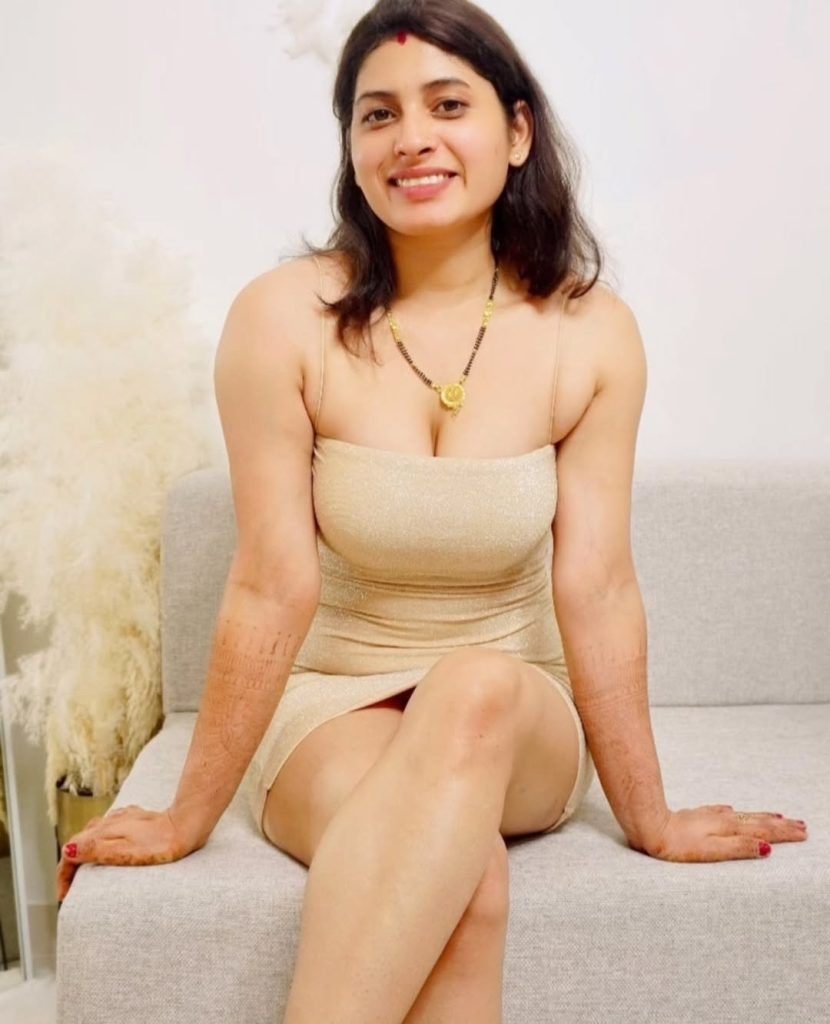


The glitter begins to fall before dusk fully settles. Not from the sky, but from the sequined tops and expertly applied eyeshadow of the girls of Lahore, preparing for a night that exists in the city’s shadows, far from its brightly lit mosques and bustling bazaars.
They are the “Party Girls In Lahore” a moniker whispered with a mix of fascination, disdain, and a touch of envy by a society that often prefers its women veiled in modesty, both literally and figuratively. But tonight, modesty is a forgotten word.
Zara, with eyes that sparkle like the chai she sips by day, laughs, a bright, defiant sound. Her room in Gulberg is a war zone of discarded outfits and smudged kohl. Tonight, she’s chosen a crimson slip dress, daringly short. Her mother, downstairs, believes she’s at a study group. Her father, oblivious, is absorbed in the evening news. This carefully constructed deception is their first act of rebellion.
Aisha, more reserved, less outwardly defiant than Zara, studies her reflection. The girl staring back is a stranger. The hijab is off, her long, dark hair cascades down her back. A smoky eye, a touch of shimmer on her collarbone – it’s a transformation. For Aisha, these nights are a release, an exhale she can’t afford in her meticulously curated daytime life as an aspiring architect, elder daughter, and keeper of family honour. The weight of expectation, heavy as Lahore’s humid air, lifts for a few fleeting hours.
They gather not in public clubs – those are rare and discreet – but in a hidden farmhouse compound on the city’s outskirts, a private rooftop overlooking the muted city lights, or a friend’s sprawling, soundproofed basement. Limousines, or more commonly, sleek SUVs with tinted windows, spirit them away from the watchful eyes of neighbours and rickshaw drivers.
Inside, the air is thick with the scent of expensive perfume, shisha smoke, and the pulsating beat of EDM mixed with bhangra. Miniature lights strung across the ceiling mimic a starry sky, a private universe where rules don’t apply. Hands reach for mocktails that might be something stronger, for platters of gourmet samosas and sushi.
Here, they are free. Free to dance with abandon, hips swaying to a rhythm that would be considered scandalous on a family lawn. Free to wear clothes that would earn a thousand judgmental stares on Liberty Market. Free to talk about dreams that exceed the boundaries of a good marriage and a comfortable home.
“Did you see Sameer’s face when I said I wanted to study filmmaking in New York?” Zara yells over the music, her eyes alight. Aisha smiles, a genuine, unburdened smile. “He probably thinks you mean making wedding videos.”
Another girl, Sania, pulls them onto the makeshift dance floor. Her family, prominent industrialists, would disown her if they saw her here, laughing, eyes closed, lost in the music. But tonight, Sania isn’t her father’s daughter, she’s just Sania, a young woman craving the simple joy of movement and connection.
The conversations flow as freely as the drinks. They talk about university, careers, the suffocating pressure to marry, the latest Pakistani dramas, and the quiet yearning for a life where they don’t have to compartmentalize their identities. These nights are not just about escaping; they are about connecting, finding solidarity in a shared, secret rebellion.


